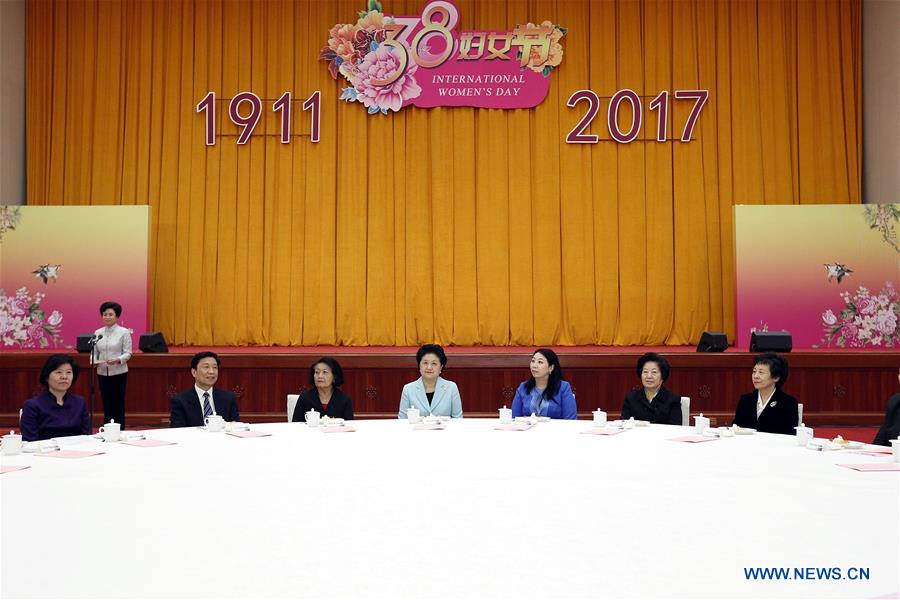Fugitive officials brought back home to face justice
A total of 43 former officials suspected of corruption were brought back from more than 19 countries and regions to face justice in the first 11 months of last year, according to the Supreme People’s Procuratorate.
National prosecutors also confiscated about 548 million yuan ($79.5 million) of illegal assets, said Song Hansong, a senior official with the SPP’s Anti-Corruption and Bribery Bureau.
Among the 43 fugitives, 11 were repatriated and the others were persuaded to return to confess to their crimes, Song told China Daily.
The charges mainly involved corruption, bribery and embezzlement, with a total of 16 of them returning from the United States, Canada, Australia and New Zealand, he said.
Since 2016, as part of a national anti-corruption campaign, the SPP has conducted a special action targeting corrupt officials who are still at large abroad.
“We’ve strengthened law enforcement cooperation with overseas counterparts, especially those in Western countries, to share intelligence and conduct joint investigations,” Song said, adding that intensified cooperation has been effective.
In September, Jiang Qian, a former senior executive with State-owned Wuhan Urban Drainage Development Ltd in Hubei province, returned from Canada to confess to his crimes.
Jiang, who fled to Canada in 2011, was accused of abusing his power and of corruption. After he left the country, the prosecuting department in Hubei launched a probe into Jiang, beginning procedures to confiscate his illegal funds left in China and seeking assistance from Canada.
In December 2015, a local court in Wuhan ruled to confiscate Jiang’s ill-gotten assets worth 14 million yuan, and Jiang is currently awaiting trial.
According to the Central Commission for Disciplinary Inspection, the top anti-graft watchdog, China will start a new round of action in April to continue its hunt for corrupt officials and economic fugitives.
As part of the action, national prosecutors will deepen judicial cooperation with the international community, especially Western countries, to locate and recover illicitly acquired assets and capture fugitives. Taking measures to prevent corrupt officials from fleeing China will also be a priority this year, according to the SPP.
“Uncovering ill-gotten funds involves presenting solid evidence to our foreign counterparts when asking them to assist in discovering, freezing and confiscating dirty money,” said Huang Feng, a professor of international criminal law at Beijing Normal University.
